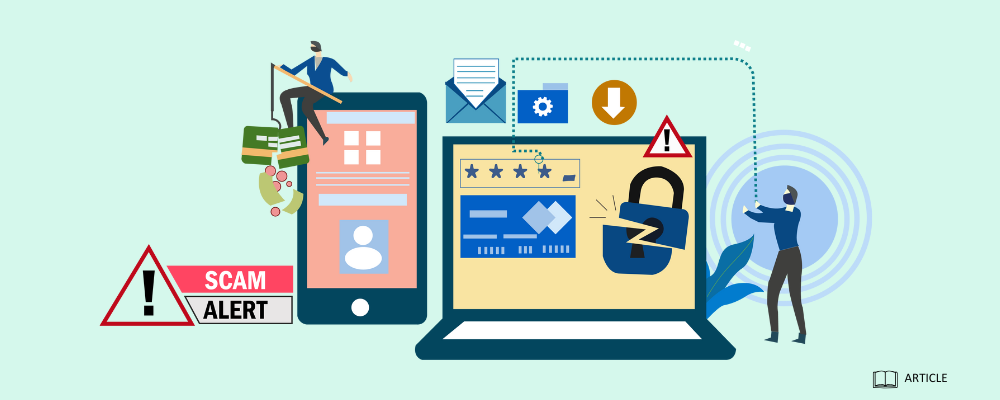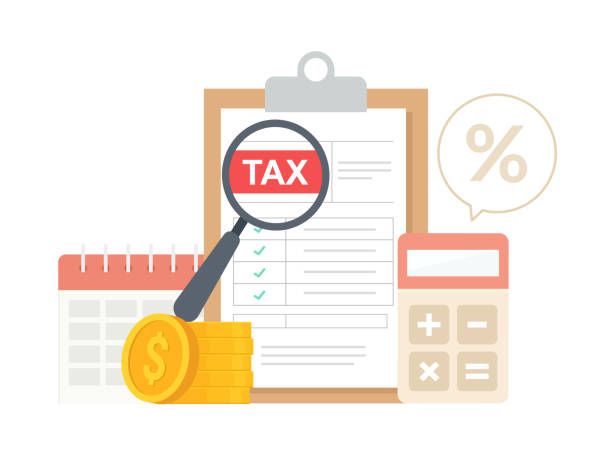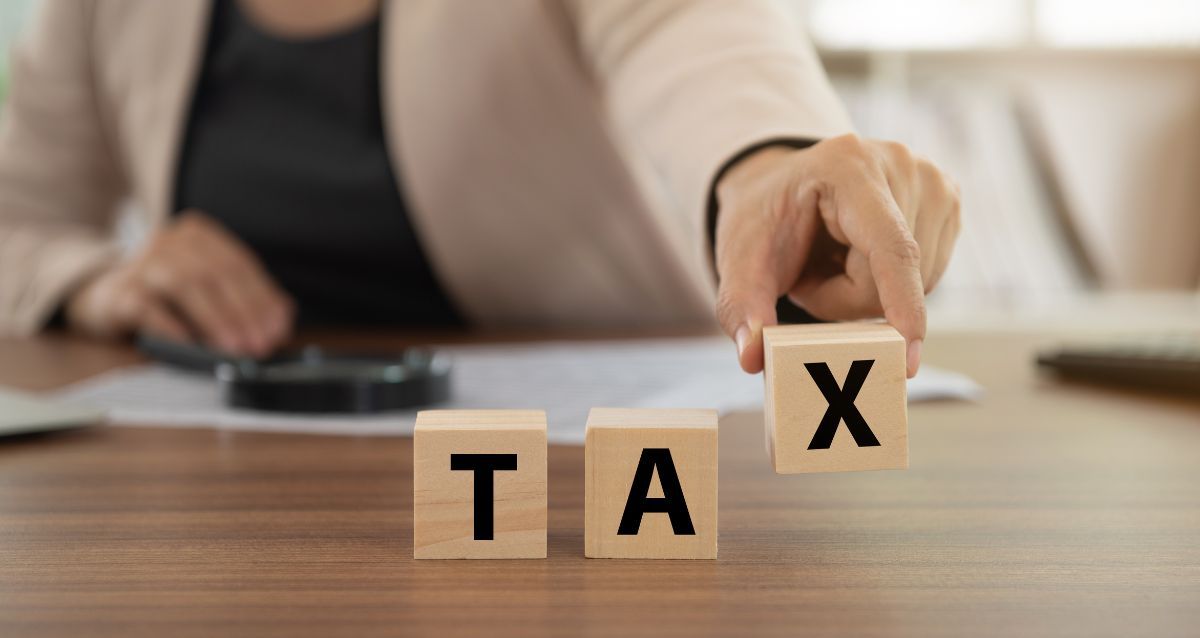What is Personal Services Income?
We have all heard of it but most likely ignore it!
Is more than 50% of your income generated from a contract due to your personal efforts or skills? If so, your income maybe considered Personal Services Income (PSI).
What is it?!?
Personal Services Income, also known as “PSI” is income when more than half of the income you receive from a contract as a reward for your personal efforts or skills, rather than being generated by the use of assets, the sale of goods, or from a business structure.
You can receive PSI in almost any industry, trade or profession.
Common examples include but are not limited to:
- financial professionals
- information technology consultants
- engineers
- construction workers
- medical practitioners
As PSI is mainly a reward for an individual’s personal efforts or skills, only individuals can earn PSI. Individuals can earn PSI either directly as a sole trader , or through another entity such as a company, partnership or trust . When an individual earns PSI indirectly through another entity, that entity is referred to as a ‘personal services entity’ (PSE).
What income is not PSI?
Certain types of income are not PSI. There are four main attributes that determine this:
- Salary & Wage Earners – PSI rules do not affect you as an employee – the income is automatically directed to you for your skills and services
- Supplying or Selling Goods – Although your personal efforts or skills may be required to make or produce an item for sale, where income is produced mainly from supplying or selling goods then the income is not PSI.
- Suppling/Using an Income-producing Asset – Income that is generated mainly by an asset rather than an individual’s “efforts or skills” is not PSI.
- Business Structure Income
– Income generated from a business structure of an entity, rather than from an individual’s personal services, is not PSI.
Income is more likely to be generated from a business structure if the business has substantial income-producing assets, a higher number of employees, or both.
The following factors help determine if income is generated by a business structure:- the extent to which the income depends on a particular individual’s own personal skills, efforts or expertise
- the number of arm’s-length employees or others (for example, contractors) engaged to perform the work
- any presence of goodwill
- the extent to which income-producing assets are used to derive the income
- the nature of the activities carried out
- the size of the operation.
After considering these factors, if we can determine that the income is generated from a business structure, then that income is not PSI – and not a PSE.
What to do when the PSI rules apply to you
If you are earning PSI, then you need to report this as PSI in your tax return even if you are a personal services business (PSB) and the PSI rules don’t apply to you. How you report your PSI depends on whether the PSI rules apply to your income, and whether you operate as a sole trader, company, partnership or trust.
As there are many factors to consider, each individual’s circumstances are different. If you think the PSI rules may apply to you or you would like more information, please give us a call and discuss it with your accountant today.
The post What is Personal Services Income? appeared first on Green Taylor Partners.
More GTP Articles






